Meet Brittany Fuisz, Founder & CEO of Malibu Mylk. While searching for an allergen-free milk alternative that would support fertility and her health, the idea hit her: “What if I make milk from flaxseed?” Malibu Mylk was born! In this episode, Brittany is diving into not only the health benefits of flax milk but also the science behind how sustainable it is compared to other milk alternatives on the market. Plus, she’s uncovering the strategies that have helped her to increase brand awareness and land in big retailers like whole foods!
Let’s be friends! Find us on Instagram http://instagram.com/bizbirthdaybash @bizbirthdaybash.
Grab your FREE Training — 4 Essentials You Need to Turn Your Biz into a Profit Party: https://bizbirthdaybash.com/free-training
More about Brittany:
Brittany Fuisz (fuse) grew up on the beaches of Malibu, eating local produce and appreciating at a very young age that food is fuel. After graduating Georgetown University and Le Cordon Bleu, Brittany trained at the three Michelin- starred Le Bernardin and The Food Network in New York, where she studied the finest techniques in the culinary world.
While trying to get pregnant, Brittany was struggling to conceive and visited a fertility doctor who recommended the auto-immune protocol, with which she experienced great results, e.g. more energy, reduced inflammation, improved focus, and strength. She eliminated dairy, nuts, gluten and soy from her diet and was searching for a milk alternative, when the idea hit her: “What if I
make milk from flaxseed?” Not only was the flax milk allergen-free, but had a fantastic texture due to the fact that flax is a natural emulsifier. Malibu Mylk was born!
Brittany wanted to share with the world this incredible product that helped her to feel her absolute best, and successfully launched Malibu Mylk in grocery stores in the LA area in 2019.
Founder & CEO, Malibu Mylk
How did you begin the experimentation phase for Malibu Mylk? Was it being made in your own home?
[9:50]
I went to culinary school years ago, so I do have a pretty good palette and I understand ingredients, but the truth is if you’re making a product that you want to scale commercially.
It’s not straightforward. You can’t just go to the grocery store and buy sugar and buy flour and make a cake. And then, oh, I’m going to make this cake and I’m going to sell it commercially. It doesn’t work that way. Um, the ingredients that you can buy at scale like wholesale and the ingredients that you buy at the grocery store are two completely different things.
Um, they often behave differently. They, you know, even sugar, really simple ingredients. Hundreds of different kinds of sugar and each sugar is going to act a little different. Um, so with my milk, I, I did start playing at home with really simple ingredients, flax, um, water, Himalayan salt, and I was delighted by the texture and the taste of the milk that I was, that I was getting, it was creamy and it was.
Had this great texture, and it tasted really good all on its own. And as I dug into other plant-based milk to kind of understand what they were all about, I realized that a lot of them had preservatives, um, oils, tons of sugar, and all of these weird ingredients that you couldn’t even pronounce. And they would be fortified with vitamins.
Which is, um, one of those things that’s, you’ll, you’ll get conflicting opinions on because some like, you know, nutritionists or doctors might say, oh, you want fortified milk, but the truth is if you’re taking your own supplements and like you’re aware of what your body needs, like. We can’t say that you and I need the same amount of anything.
We were different, you know, and, and now we’re pregnant women. And so even that is very different, but so we decided not to fortify Malibu milk. We’re not adding cheap forms of vitamin D and vitamin D that are synthetic and not from the best sources, which a lot of these other brands are doing. So we’re keeping it clean and using as few ingredients as possible.
I knew from the beginning that I wanted to scale this product. I got a meeting with a whole foods buyer really quickly. They said they wanted the product in stores. So I knew I never wanted to like, try to like rent space in a commercial kitchen and like batch it myself and sell it into a store.
How did you establish good relationships and trust with your production partners and manufacturers?
[12:30]
Going to find a manufacturer that that buildup is, is really tough. I wanted to find a manufacturer first. I knew that I wanted the first batch of product that hits stores to come. From a co-packer so that I could scale, you know, I was never interested in selling milk for 4 99 at a few whole foods around LA.
Like that’s a really quick way to run out of money and just, you know, go broke. So I knew that I wanted to scale this business and I knew that I needed a real manufacturer to do so. So this is pre-COVID, you know, three years ago, I started going to networking events within the space and a lot of these.
At the time, you know, things are a little different now, but at the time they were kind of free for all. So you’d sign up online, go to a CPG consumer packaged goods event where you could meet other founders. And I would just ask questions and. I would, you can’t be shy and you introduce yourself and talk about what you’re doing and you need to find people who aren’t directly competitive because obviously, they’re not going to want to share their information, but you find somebody who’s manufacturing a smoothie, you know, and you say, Hey, I’m starting this milk company.
I’m looking for a manufacturer. Who are you using? Would you be able to make an introduction like? And I did that. I think I only had to go to actually a couple of events because I was really good about finding the right people. And, you know, I’d asked friends of friends of friends and, and that’s how it all kind of got going.
How did you get in touch with people from Whole Foods and other stores to be a distributor/retailer for your product?
[21:58]
I got an email of a buyer from a friend, you know, I didn’t ask for an introduction. I just emailed her and I figured it would take several months to get the meeting.
And I could get my ducks in a row while I was waiting on the meeting. And the buyer said, oh, why don’t you come in, you know, next week? And then I kind of panicked and I almost canceled the meeting, but I called the friend who had given me the email and he said, you know, don’t cancel this meeting. You might not get this meeting again.
So took the meeting with little samples. Kitchen. And that’s when the buyer tasted the product and said, I want to get this in stores. And that’s when I knew that I had a customer. So that was really exciting. And that’s when I knew I had to go find a co-packer and like, get this thing going. Um, that process took, I want to say that meeting was in like November, I think from like, it probably took about three months.
So it was pretty quick to get it on the shelf. That just depends on so many things, right? Like who the buyer is, the product that they’re reset schedule. I don’t know if things could still happen that quickly. Um, and I wouldn’t say that we were like fully, fully rolled out until the end of 2019. So. You know, the F the initial kind of launch, they launched me with 10 stores.
They wanted to do a trial to see how it did it did well. Then they rolled me out to all 50 stores in the region. About a month after that, that was the timeline. Then, you know, again, whole foods is now owned by Amazon rules are different, things are different. Like, so it’s not to say it couldn’t happen that way.
I think it could, but. In retrospect, you know, at the time it felt so slow. Like I was like, God, this is taking forever, forever. And when I look back on and I was like, oh, that actually, all happened pretty quickly. And then you need to learn. I was going into grocery stores. I was standing at whole foods, demoing the product myself.
I wanted to hear what consumers had to say. I was taking it to farmer’s market on the weekends and standing at booze because having people come up and try the product and giving you real honest feedback right then and there there’s nothing like it. The, um, challenges like with that now with COVID too, it’s like not really the same.
But, you know, learning and then evolving the product, the formula that I started with and the flavors that I started with are very different today from what they were a couple of years ago.
Is flax milk more sustainable than almond milk? Is flax milk more nutritious than almond milk?
[29:20]
For flax flower, the only water required is natural rainfall. So, making flax milk doesn’t require large-scale irrigation. And there’s a ton of horrible things about what’s required for the almond trees. They have to bring in bees and it’s, they’re spraying these almond trees with these pesticides and. And fusing the bees and that’s why our bee colonies are dying off. I mean, the whole thing is just a disaster and 80% of the world’s almonds are coming from the state of California. So it’s a real local issue for us here.
And you hear a lot about how almond milk is supposedly good for you, but it’s not very nutritious. It’s basically almond flavored water. Like there’s not a lot of protein. There’s not a lot of flavors there. And so why not try flax milk that is more nutritious?
Flax milk has prebiotics to great for your gut. It has fiber also great for your gut, your digestion, and it has some protein. It has omega threes, um, helps with your cholesterol, helps with your skin and your hair health, and it’s good for our environment.
What steps did you take to grow brand awareness?
[36:30]
We are marketing on Facebook and Instagram. I am shouting it from the rooftops. I am, you know, creating my own relationships with what I hope are some of the right people. Um, and I tried PR at one point I paid a very fancy PR agency, a lot of money and you know what amounted to be the purchase price of a nice automobile.
And yet nothing came from it. It’s, it’s really hard. And I feel like. For my brand. It shouldn’t be, we check every box. We’re organic, we’re sustainable. We’re owned by a mom, like, okay, great. You know, like w what else do you need? And yet getting the story out. It’s really hard when you’re working with a small budget, you’re competing against the big brands who are spending tens of thousands of dollars on marketing, on Superbowl commercials for their mill, with, you know, their CEO, doing something silly in a field. Like we, we don’t have, we can’t do that. We don’t have anywhere near that kind of budget.
One of my favorite, like grassroots marketing, things that I like to do is every time that I go to a grocery store, I buy a bottle of Malvin milk and I’ll look for somebody else who’s checking out. And I ideally, I like to find somebody who’s buying another plant-based milk and I’ll go up to them and I’ll introduce myself. And I’ll say that I’m the founder. And I always like to buy a bottle of my product when I’m in the grocery store.
And I tell them the story, you know, how, how Malibu milk is different. And I’ve had some really cool happenings come from that. And there was one time when somebody told me they didn’t want it
She was in like, I, you know, and granted like it’s COVID right. She was in a mask. She was only buying like baby yogurt. I think she was probably like, who knows what was going? And listen, if she happens to be listening, you know, I’m not offended, but in the moment I definitely was. I got to find somebody else, but you know, I’ve done.
Oh, my God, probably 50 times now. The other day, actually, I was at whole foods in Malibu and I was buying some of the product and the woman behind me, she was with her husband. And I saw that she had like three almond milks, three containers. And I was like, this is the perfect person. Right? I want somebody who’s going to buy a lot of Malibu milk.
And I said, oh, I, you know, I see you’re buying all my milk. I want to tell you about flax milk. And her husband comes up and he goes, I know all about flex milk. We buy Malibu milk. And I said, you do. I said, I only see the only melts. And they were just in the cart. He had put them up on the. On like the belt yet, that was a first, like he literally had them in the cart, they were buying them.
And then I got to introduce myself and now they’re connected to the founder. And like, I would be so excited if you know, my favorite, I don’t know, cookie manufacturer happened to buy me the cookies as I, you know, and I still gave him the bottle for free and it was a different flavor. They got to try. So if you’re, you know, that’s what being your biggest influencer for your brand is about, it’s not only what you do online during the day, during the week. Like that was a Sunday morning and I was with my family and like still selling the product and, and you never know what that’s going to turn into.
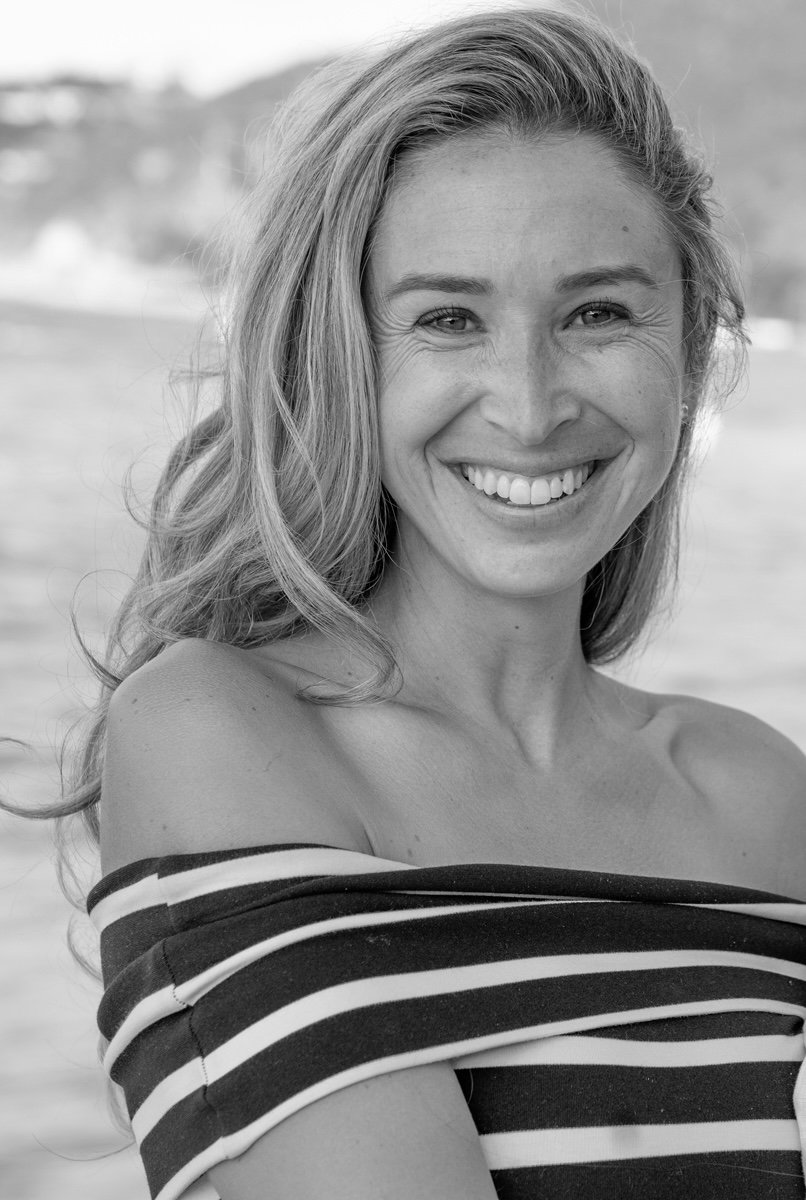
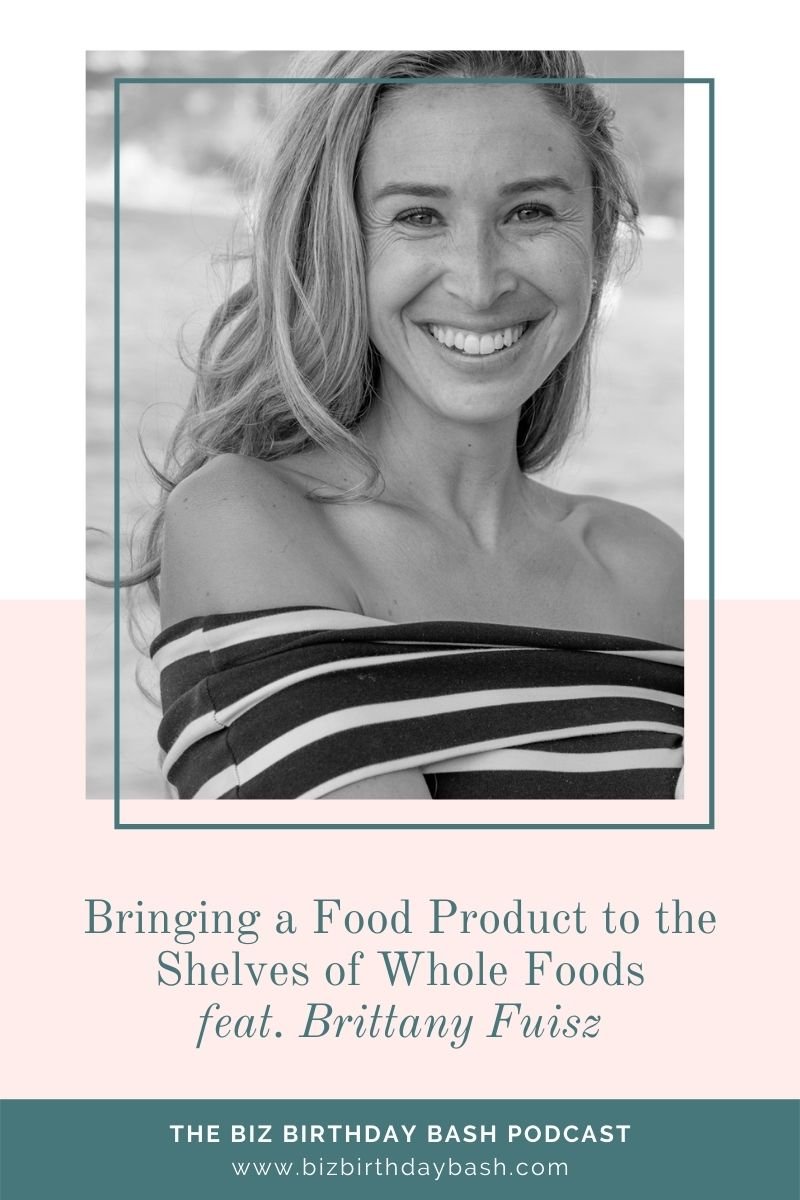


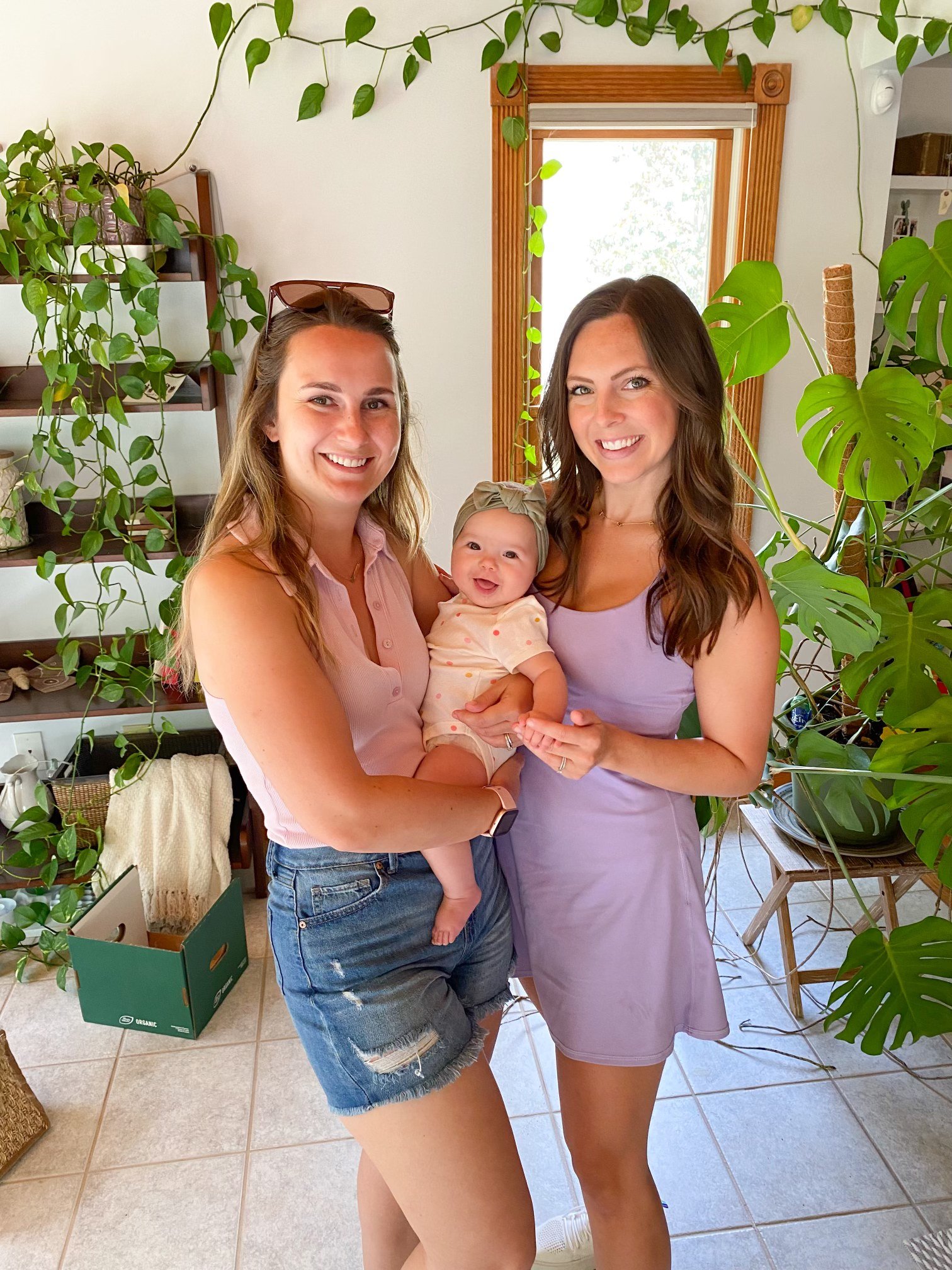
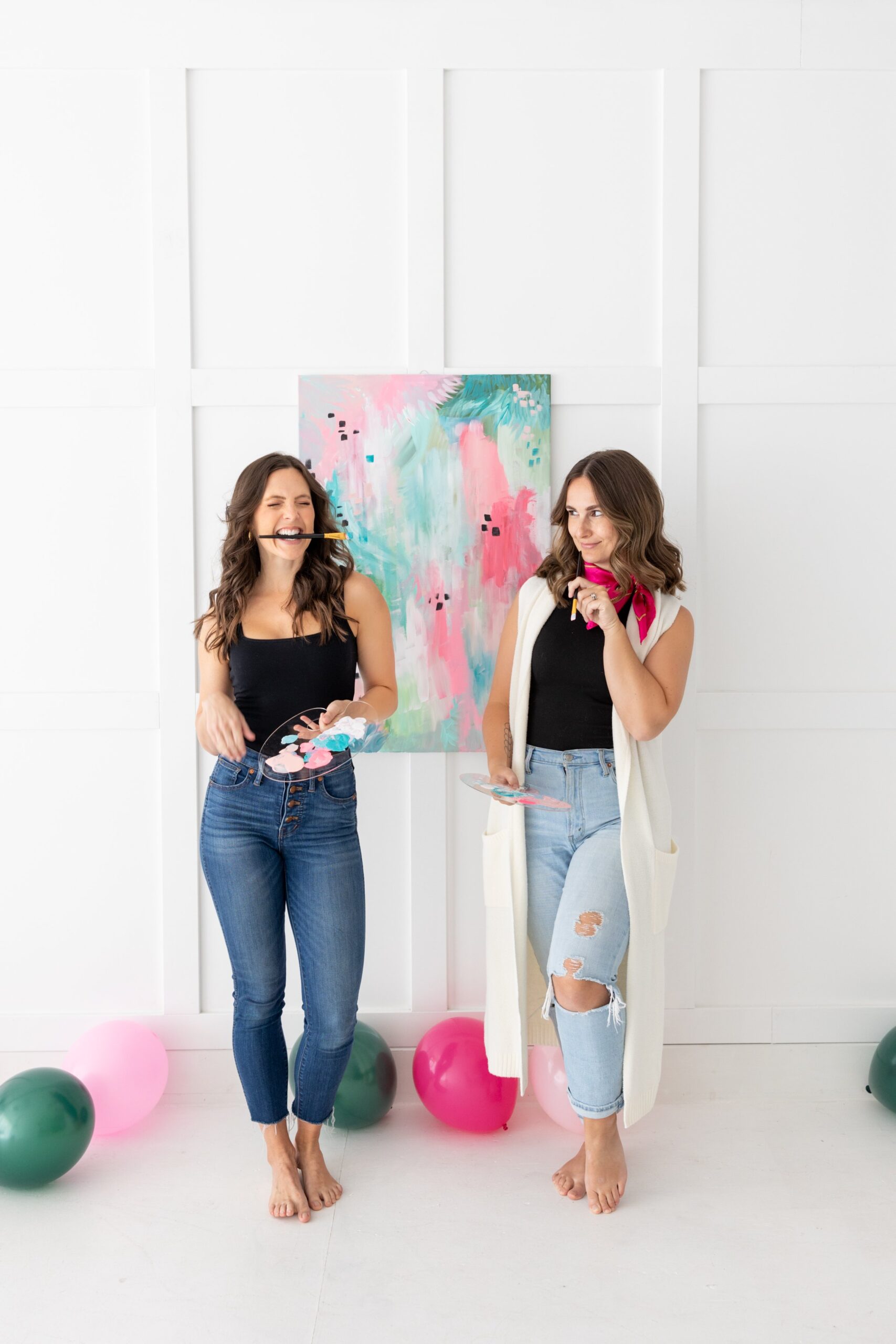

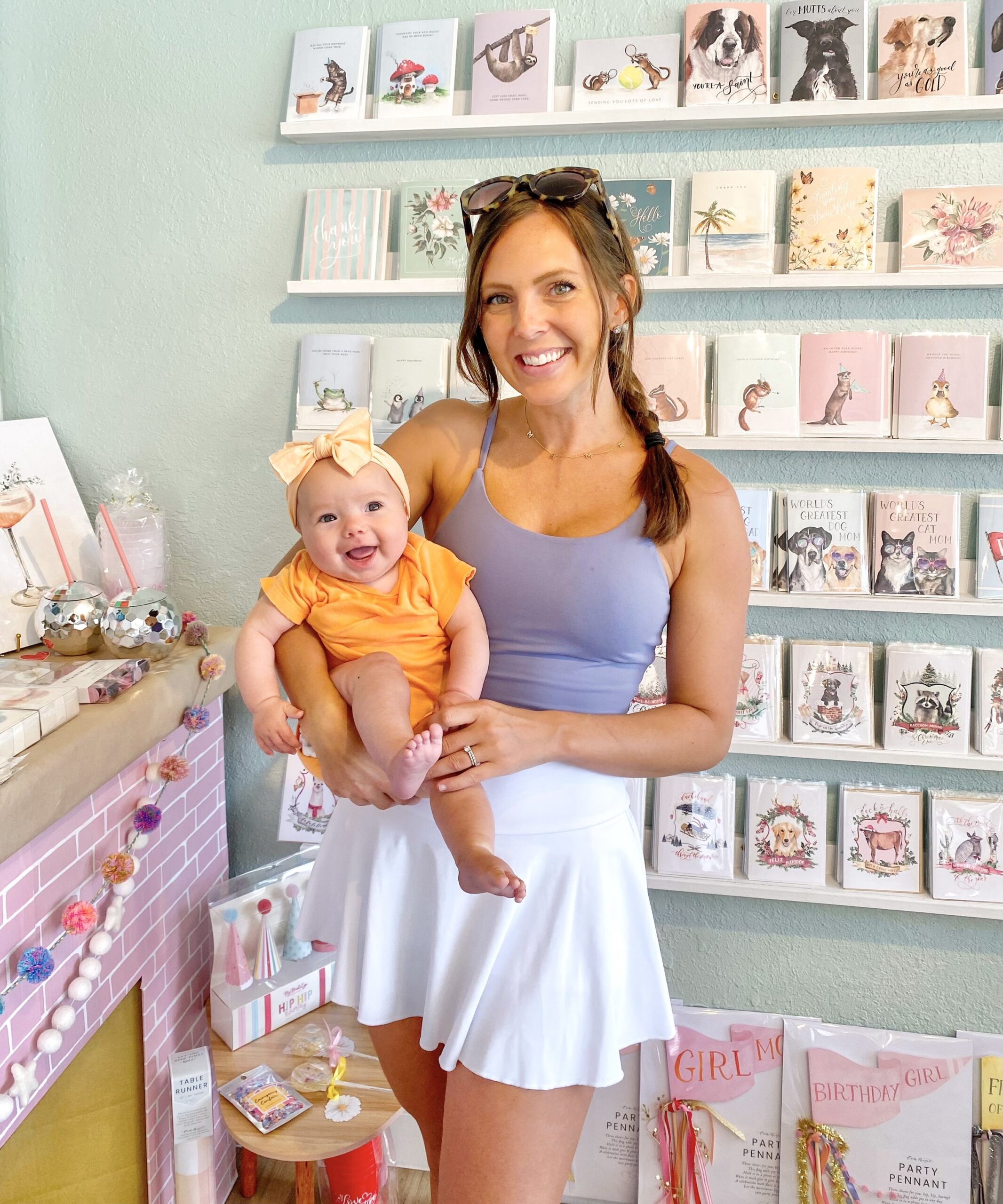
+ show Comments
- Hide Comments
add a comment